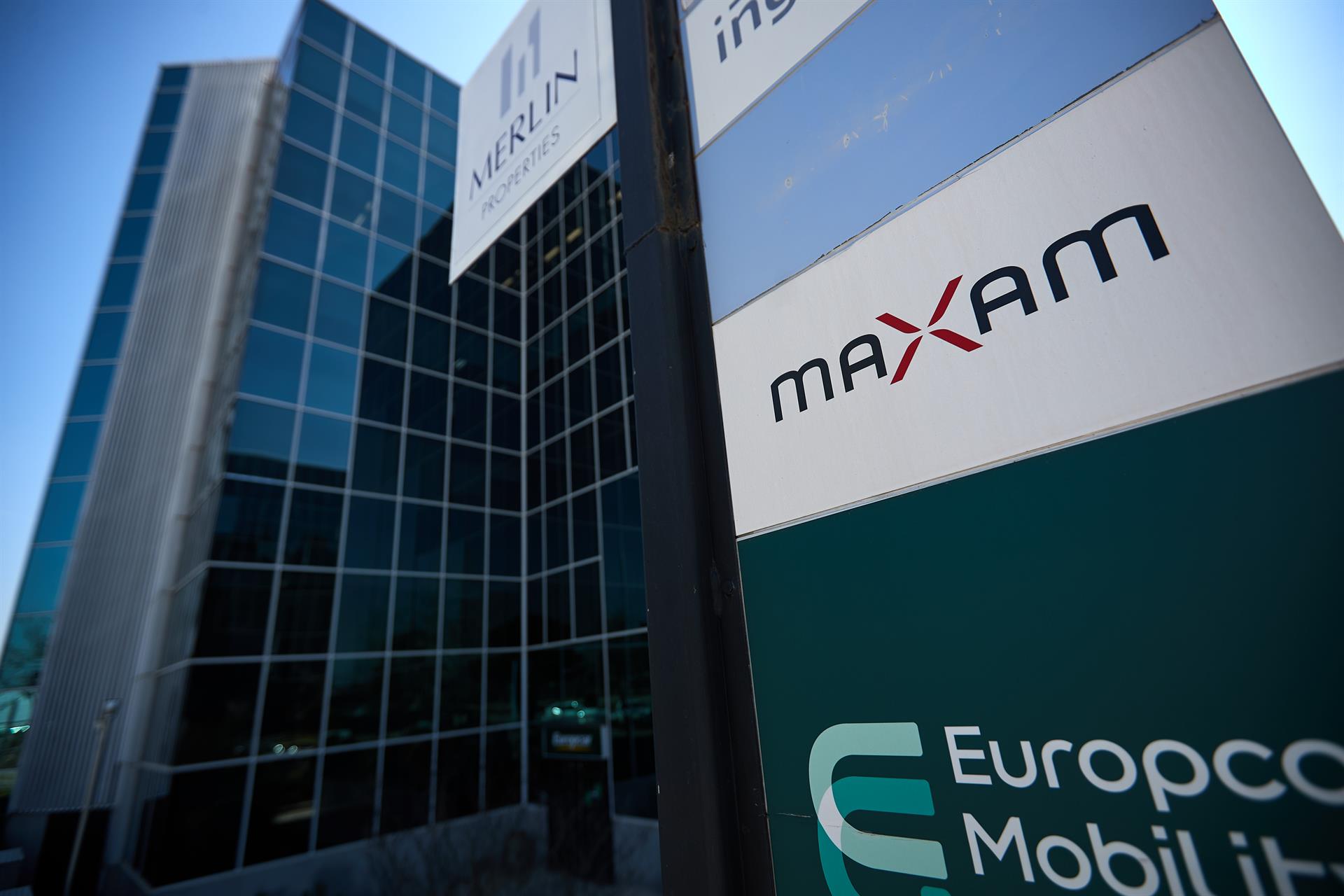The speech given by Volodymyr Zelensky to Spain's Congress of Deputies, following discourses in many other parliaments across Europe, left the names of three large companies hanging in the air: Porcelanosa, Sercobe and Maxam. The Ukrainian leader criticized the three firms for their relationships with the Putin government and for not having broken off their relationships, as the vast majority of companies have done, since Russia's invasion of its neighbour. Although capital goods grouping Sercobe and household equipment producer Porcelanosa, both relatively well known to the public, reacted immediately to the words of the Ukraine president, the management of this issue by Maxam has been very different: absolute silence. So what business is this company in? The Maxam business group is centred on the manufacture of explosives, a market in which it is one of the world leaders, for mining, civil engineering and weapons.
Its history goes back to 1872 in Bilbao, when Swedish businessman Alfred Nobel, who created and gives his name to the famous annual prizes, founded the Sociedad Anónima Española de la Pólvora Dinamítica - the Spanish Dynamite Powder Company. Years later, it joined with seven other manufacturers creating the Unión Española de Explosivos (Spanish Explosives Union), which since 1896 has been the leader in this sector in Spain. After still more decades, in 1970, it joined another Spanish firm, the Company Unión Explosivos Río Tinto, but they subsequently separated again due to debts. Now, Maxam is chaired by José Manuel Vargas, who, between 2012 and 2017, was president of Spain's public airport operator AENA, an office to which he acceded at the proposal of Mariano Rajoy's Spanish government.
Nine subsidiaries in Russia
To locate the start of the company's relationship with Russia and Putin, which Zelensky has now denounced, we need to go back to 2002, when the firm first established links with the country where it now has nine subsidiaries, whose services are available right across Russia, from the Urals to Siberia. But its subsidiaries are not only in Russia. After the crisis with Río Tinto, the company was sold to the investment fund Pallas Invest and, from that point, it began a globalization process. Renamed Maxam in 2007, it has 6,000 workers distributed among 80 companies in 50 countries. According to Catalan public television, its annual turnover exceeds 1 billion euros.
No benefits
Despite its public silence, Maxam's leadership have spoken to the Spanish government since the accusations from Zelensky. José Manuel Vargas yesterday told the Spanish undersecretary for trade, Xiana Méndez, at an urgent meeting along with Porcelanosa and Sercobe, that Russia had carried out a de facto confiscation of the firm. According to the digital newspaper El Confidencial, the three companies were summoned by the government in order to find out the exact situation of their business. Although the other two companies had already clarified their situation, Maxam had not said anything, and before the Spanish undersecretary, the explosives producer confirmed that Russia had made this forceful response to the Western actions. Specifically, Russia is forcing the company's subsidiaries to maintain the activity of their factories and has prohibited any repatriation of capital, or access to their shares: they cannot obtain any economic benefit from their current presence in Russia.
According to the company's Spanish chairman, Maxam received a burofax from the Russian industry ministry in which it warned them of additional sanctions if they did not continue to manufacture their products despite the war. Days before, they had had to halt production due to lack of raw materials. Thus, foreign companies with factories in Russia have to continue working, without any access to the money they earn. All this translates into a de facto confiscation. After the meeting in Madrid, and despite the public silence of Maxam, the Spanish ministry issued a statement in which it asserts that the companies named by the Ukrainian president "have clarified that they are not currently maintaining any kind of activity in the Russian market and add their names to the international condemnation of war".

